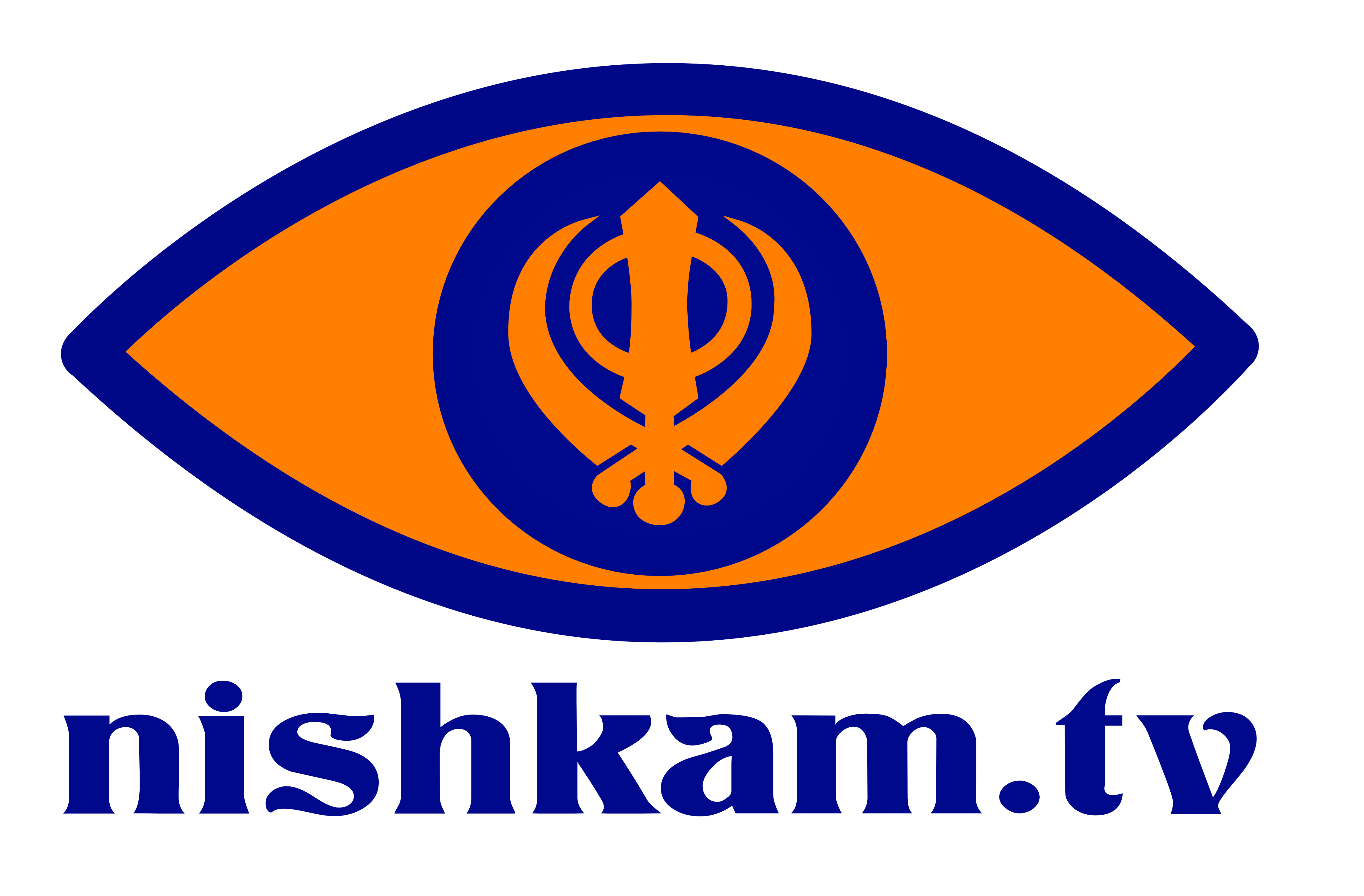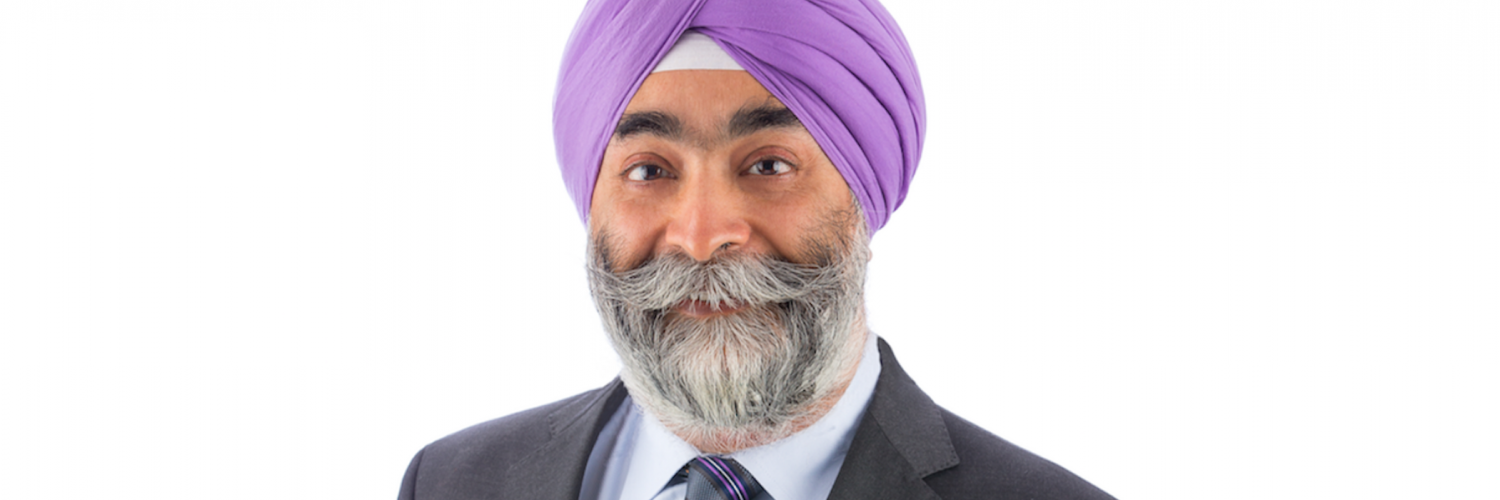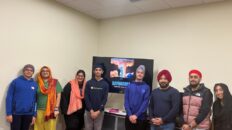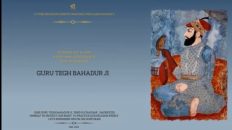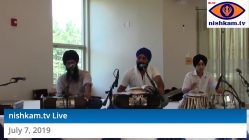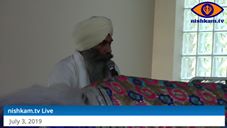Q: Can you share us with your journey of a young boy from IIT Delhi to a successful serial entrepreneur?
A: When I finished my B.Tech at IIT Delhi, I was fortunate to have several options for the future. These included a nice job at Hindustan Levers, which was one of the best companies to visit the campus, admissions into all the Indian Institutes of Management (IIMs), and a fellowship to come study for my M.S. at the University of Texas at Austin. I chose to come to UT, since I viewed it as “someone is paying me to visit the US and let’s see how that goes. I can always come back and get into the IIMs again since it is a competitive exam which I had done well on”. I did not know anybody in Austin and had to rely on the camaraderie of other Indian students to welcome me into the community. I had modest means since our family was not wealthy. However, with some prudent management of my fellowship stipend, I was able to set myself up comfortably.
I really did not have much of a concept of how to do research but was fortunate to find a good mentor and professor, Dr. Jeff Hubbell, in the Department of Chemical Engineering at UT. Under Jeff’s guidance, I finished my master’s thesis and tried to look for a job. Unfortunately not having work authorization, I was denied by all 30 companies that I had applied to for a job. I felt disheartened but Jeff recommended that I pursue a Ph.D. based on some interesting ideas that he wanted to further explore. I went for it, even though in all frankness, I did not know what I was signing up for. However things turned out well and some of the work I did for my Ph.D. dissertation turned into two startup companies, one of which was being set up in the Boston area. I joined this company as its first employee and thus started my entrepreneurial journey.
This company over time developed a surgical sealant and was able to go public. I had some great learning and experience in this process and over time developed other technologies that could be applied in surgery and medicine in general. Instrumental in this process was meeting my business partner, Farhad Khosravi, who I met in my first company Focal. Together we have now formed over a dozen companies and have been fortunate to support each other through thick and thin.
Q: What inspired you to start your own business? What steps led your business to flourish?
A: I really went into forming my own after the first company, Focal Inc., which had been based on my technology from graduate school. At Focal, while I got a great experience, I was not running the company. To make a real impact, I felt I needed to do this. So, I invented some new technology that did not rely on light-based activation of polymers, but on chemical activation of polymers. This made for products like sealants in surgery, which were much easier to use, and so became much more commercially successful. My business partner and his advice were instrumental in this process also, as were my wife and family. I was able to quit my job because my wife, Deepika, was able to finish her MBA and get a job. The second company, Confluent Surgical, developed a sealant for brain surgery, and since there were no other products of its kind and it was easy to use and very effective, it became a success. Even 15 yrs later, almost half of the brain surgery done in the United States, uses this product (DuraSeal).
Q: What inspired you to start your own business? What steps led your business to flourish?
A: I really went into forming my own after the first company, Focal Inc., which had been based on my technology from graduate school. At Focal, while I got a great experience, I was not running the company. To make a real impact, I felt I needed to do this. So, I invented some new technology that did not rely on light-based activation of polymers, but on chemical activation of polymers. This made for products like sealants in surgery, which were much easier to use, and so became much more commercially successful. My business partner and his advice were instrumental in this process also, as were my wife and family. I was able to quit my job because my wife, Deepika, was able to finish her MBA and get a job. The second company, Confluent Surgical, developed a sealant for brain surgery, and since there were no other products of its kind and it was easy to use and very effective, it became a success. Even 15 yrs later, almost half of the brain surgery done in the United States, uses this product (DuraSeal).
Q: You are a successful serial entrepreneur. What is the secret of being able to repeat entrepreneurial success in multiple ventures?
A: Success does not come from a single person’s efforts. It comes from a team that functions as a whole and fills in each-others deficiencies while working towards a big audacious goal. I have been fortunate to work with several good people repeatedly in several of my companies. Also, since we have been able to use and expand the original technology into many different areas of medicine, the mistakes we make in the past, help us make fewer mistakes in the future. By treating people fairly, having persistence, and faith in ourselves and in Waheguru, we are able to continue with success. Sometimes failures guide us to better ways to do things and when times appear darkest, dawn is just around the corner. You just have to keep the faith.
Q: What is your role in Nishkam TV?
A: I have helped in a small way in some sponsorship and as a well-wisher cheering from the sidelines as the Nishkam team executes on its vision.
Q: What interests you about Nishkam TV?
A: It is an interesting way to give the younger generation the ability to learn by doing and to do good at the same time. There is a lot of practical experience that kids are getting while cultivating their own “Sadh Sangat” and working towards more auspicious goals. It can be difficult to engage the younger generation by purely traditional channels of Sikhi education. By cultivating and embracing new media, this channel can educate kids in ways that are familiar to them and thus retain their attention while teaching them practical skills as well as higher thinking.
Q: What are your thoughts on TV Channel run exclusively by the Khalsa school kids?
A: I think it is great that the kids are doing this. The pride of ownership can be a powerful motivator. I see them being able to do great things since they are not constrained by history and so freed from constraints of conventional thinking.
Q: What kind of programming we should produce?
A: While kids are producing the programming, the output can be for both kids and adults alike. We should produce programs that first engage our own Sikh student community and help them learn about Sikhi and from each other, even beyond Sikhi oriented programing. The programming should then also be outward-looking in engaging the broader community that we live and participate in so that a better understanding of Sikh culture and value can be understood. We should also attempt to provide programming that may address problems that kids or adults may face and help showcase practical advice that works to deal with such issues, whether they are bullying, or preparing for SAT exams!
Q: Khalsa school at other Gurdwara has shown interest that we should extend Nishkam TV to their Khalsa school students? As an entrepreneur, what is your advice on expanding this program, and what should be our next steps?
A: Once you have debugged the model, you will realize that some things work well, while some other things, not so well. Take careful stock of this in periodic status meetings so eventually, you can share your findings with others. Try to standardize an achievable “package” that can be implemented at other Khalsa schools. Once the basics are standardized, others can build on a variety of programming in their own ways and the content can be shared across channels to achieve the broadest distribution. Give them an idea of the budget, team needs, equipment, mentors, etc. that will be needed to make things happen.
Q: What is your advice for the students of Nishkam TV?
A: In planning your life and career, have a personal value system, as it becomes a touchstone for your decisions going forward. I have a simple one:
1. Work on meaningful problems
2. Work with people with complementary skills but aligned values
3. Good outcomes will follow
As you surround yourself with good people, they will uplift you and even when you encounter difficulties, this value system will give you hope. This is the concept of “Sadh Sangat” that our Gurus valued. Have humility and be giving of your time and resources. These are simple tenets of Sikhism. However, these values are not abstract concepts, but things that you should live on a daily basis.
